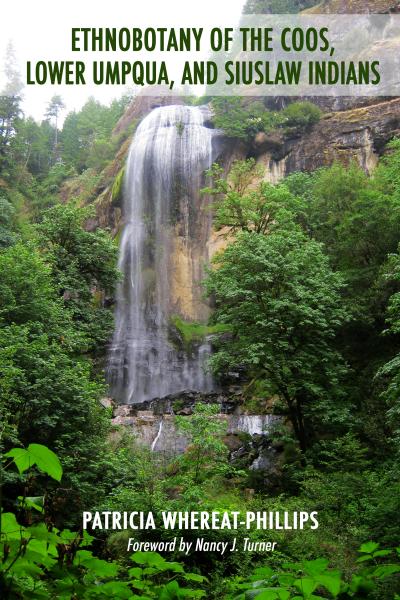
Learning to Like Muktuk
Penelope S. Easton
When Penelope Easton, a young, vigorous, sensible WWII veteran with a Masters in Public Health Nutrition, embarked on a journey to Territorial Alaska to serve as the dietary consultant for the Alaskan Health Department, she could not anticipate the deplorable health-related conditions that she would find. The author observed the effects of measles and tuberculosis epidemics, educational philosophies that opted to teach Native children only in English, a scarcity of imported food supplies, and the derision of native foodways.
Fascinated by the foods of indigenous Alaskans, such as muktuk, strips of whale skin and blubber, she took every opportunity to learn about Native Alaskan peoples and their food cultures. As she gained knowledge, Penelope Easton identified the need for public health personnel to know and appreciate the dietary traditions and adaptations of the region and became an advocate for preserving native food customs.
Learning to Like Muktuk draws on her detailed field reports, photographs, letters, and other documents, some of which may be the only remaining descriptions of native Alaskan foodways from the period between the end of WWII and statehood.
The author's account describes her experiences as a public health advisor in both cities and rural areas. She helped hospitals and children's homes with food procurement and service, prepared regional nutritional information materials, and worked with public health nurses conducting classes for adults and school children. Threaded through the narrative are stories of her adventures: a tumultuous flight through a glacial storm and spending the night on the frozen tundra, traveling with a daredevil bush pilot, and witnessing the harvest of a whale carcass.
Penelope Easton’s memoirs convey a new perspective on the interactions of Native and non-Native groups at a critical point in Alaska’s history. Learning to Like Muktuk will enthrall readers interested in public health, indigenous foods, and the hazards of exploring the Territory.
Food Resources of Alaska, a booklet prepared by Penelope Easton, details, by region, the foods she encountered. It is available here for free.
About the author
As a child of the Great Depression, the author learned to "make do" with what she had and developed a spirit of adventure that was essential in preparing her for work in Territorial Alaska. The epilogue of the book describes her returns to Alaska as a member of research teams from 1996 through 2005. She now resides in Durham, North Carolina. At the age of ninety-one, Learning to Like Muktuk is her first book.
Read more about this author
"Learning to Like Muktuk is the extraordinary story of a strong, adventurous woman ... Easton can be counted as a pioneer researcher in Native Alaskan foods, and has mentored younger researchers through her firsthand experiences."
–Sandy Atkins, The Hardwick Gazette
"Learning to Like Muktuk is a valuable resource for those interested in Alaska and its indigenous foods. Perhaps the greatest compliment I can pay this book is that I, a person born and raised in Alaska, learned more about the history and cultural dynamics of my state from Learning to Like Muktuk than I did in any classroom."
-- Alex Parrish, Pacific Northwest Quarterly
"Although the author sticks to her topic of nutrition and foods, on one level her experiences are another Alaskan adventure story and can be enjoyed as such. This book is a worthwhile addition to an Alaska library for it brings information about a period in our history that is not as well known as other times."
-- Nancy L. Eliason, Alaska History
"Those hungry for more can find a smorgasbord of travel adventures, dietary tips and eye-opening accounts of starvation and redemption in the 190-page Learning to Like Muktuk. Peppered with photographs, dietary guidelines, and even recipes for Alaska frybread and "research hospitality coffee cake," it's a tome that's as topical as ever in today's farm-to-table, GMO-obsessed culture, where pockets of Americans are still hungry as ever."
-- Sarah Tuff Dunn, Vermont Quarterly




